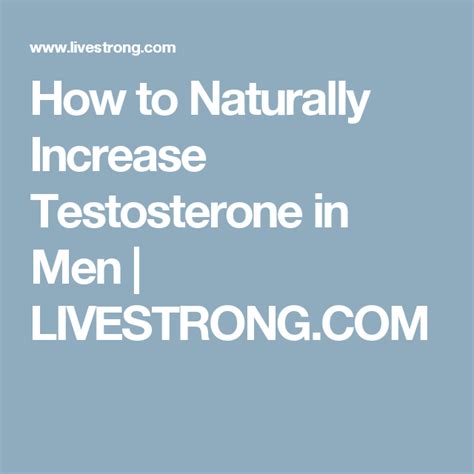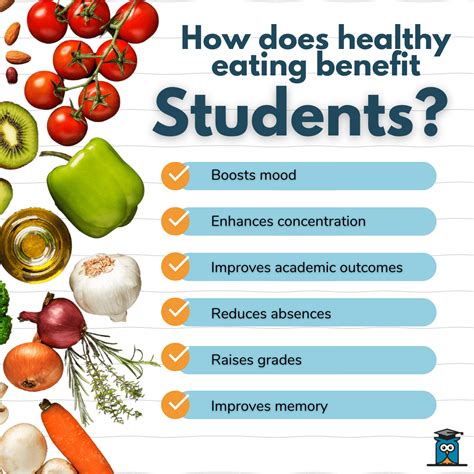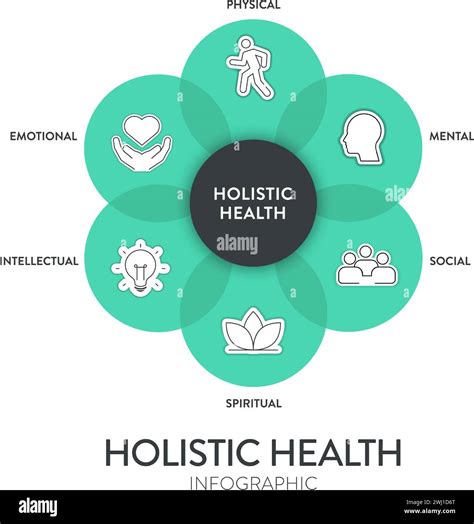Optimize male testosterone naturally for peak strength & energy?

Testosterone, often hailed as the cornerstone of male vitality, plays a pivotal role far beyond just muscle mass and sex drive. Optimal levels of this crucial hormone contribute significantly to overall physical strength, sustained energy, mood regulation, cognitive function, and even bone density. In a world where men’s testosterone levels are reportedly declining, understanding how to naturally support and optimize its production is more important than ever for achieving peak performance in all aspects of life.
The Foundation: Why Testosterone Matters for Men
Testosterone is a primary male sex hormone, but its influence extends throughout the body. Healthy testosterone levels are essential for developing and maintaining muscle mass, bone density, and red blood cell production. It also impacts energy levels, mood, motivation, and cognitive sharpness. When testosterone levels dip below optimal, men can experience a range of symptoms including fatigue, decreased libido, reduced muscle mass, increased body fat, and even mood disturbances. Fortunately, lifestyle interventions can significantly support the body’s natural production of this vital hormone.

Dietary Powerhouses: Fueling Testosterone Production
Your plate is a powerful tool in hormone regulation. A diet rich in whole, unprocessed foods is fundamental. Focus on healthy fats, which are crucial for hormone synthesis, including monounsaturated fats (avocados, olive oil) and saturated fats from quality sources (grass-fed butter, coconut oil). Protein intake is also vital for muscle repair and growth, indirectly supporting testosterone.
Specific micronutrients play direct roles. Zinc is essential for testosterone production, found in oysters, red meat, and pumpkin seeds. Magnesium, abundant in leafy greens, nuts, and seeds, is known to increase free testosterone. Vitamin D, often called the ‘sunshine vitamin,’ functions as a steroid hormone in the body and has been strongly linked to testosterone levels; prioritize sun exposure and consider supplementation if deficient.
Move Smarter, Not Just Harder: Exercise for Hormonal Health
Regular physical activity, particularly strength training and high-intensity interval training (HIIT), has been shown to boost testosterone levels. Compound movements like squats, deadlifts, bench presses, and rows engage large muscle groups, eliciting a greater hormonal response. Aim for 3-4 strength training sessions per week, focusing on progressive overload.
HIIT, characterized by short bursts of intense exercise followed by brief recovery periods, can also be highly effective. However, it’s crucial to avoid chronic overtraining, which can elevate cortisol (a stress hormone) and suppress testosterone. Listen to your body and incorporate adequate rest and recovery into your routine.

The Unsung Hero: Prioritizing Quality Sleep
Sleep deprivation is a silent killer of testosterone. The majority of your daily testosterone production occurs during sleep, particularly during deep REM cycles. Chronic lack of sleep (less than 7-9 hours per night) can significantly reduce testosterone levels. Aim for consistent, high-quality sleep by establishing a regular sleep schedule, creating a dark, cool, and quiet bedroom environment, and avoiding screens before bed.
Mastering Stress: The Cortisol Connection
Chronic stress leads to elevated levels of cortisol, often referred to as the ‘stress hormone.’ High cortisol levels can directly suppress testosterone production. Integrating stress-reducing practices into your daily life is paramount. Techniques like meditation, deep breathing exercises, yoga, spending time in nature, or engaging in hobbies can help manage stress and maintain a healthier hormonal balance.

Lifestyle Tweaks: Beyond Diet and Exercise
Beyond the core pillars of diet, exercise, and sleep, several other lifestyle factors can influence testosterone. Limiting alcohol intake, avoiding processed sugars, and staying well-hydrated are beneficial. Additionally, reducing exposure to endocrine-disrupting chemicals found in plastics (BPA, phthalates), pesticides, and certain personal care products can prevent potential interference with hormone synthesis. Getting regular sunlight exposure helps with Vitamin D production naturally, further aiding testosterone levels.

Conclusion: A Holistic Path to Peak Performance
Optimizing male testosterone naturally is not about quick fixes but rather a comprehensive, sustained commitment to a healthy lifestyle. By strategically focusing on a nutrient-rich diet, effective exercise, sufficient sleep, and robust stress management, men can significantly enhance their natural testosterone production. This holistic approach not only leads to increased strength and energy but also contributes to improved mood, cognitive function, and overall well-being, paving the way for a more vibrant and fulfilling life.









